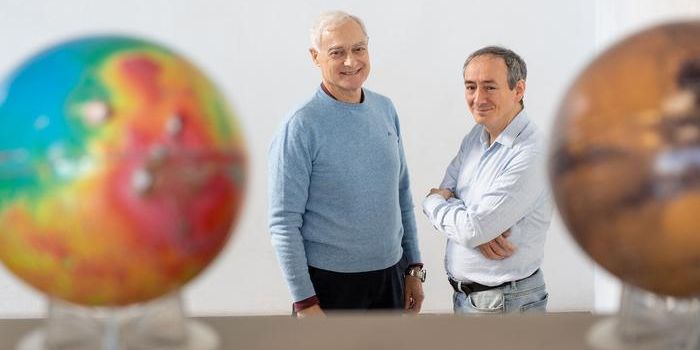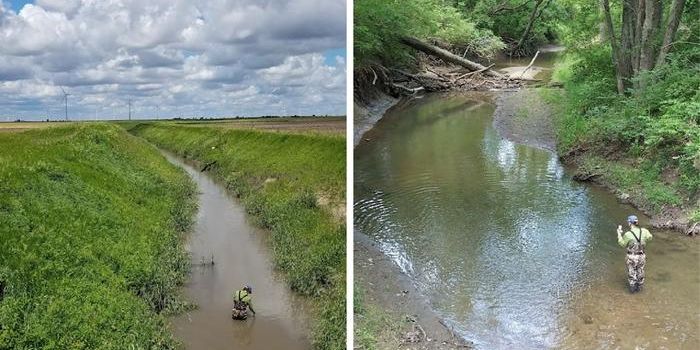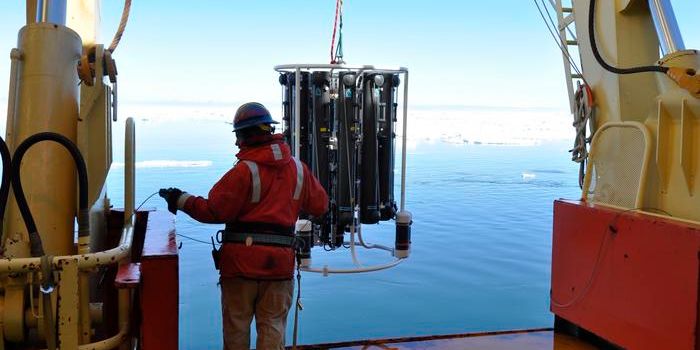Lab-Grown Meat Picks up Steam and Funding
While a vegan or vegetarian has already decided not to eat meat, potentially for a variety of reasons, the moral complications and environmental impact of living as an omnivore remain a controversial issue for many. The consumption of animal byproducts is a hotly debated topic because of its effects on the environment and human health as well as concerns regarding the treatment of creatures bred for consumption. The growing industry of cell-cultured or clean meats -- meats grown in labs -- aims to solve many of these dilemmas and may also present new questions for those who have previously chosen to abstain from meat. The Israeli biotech company SuperMeat plans to bring its chicken products to market within a few years.
What is Clean Meat?
SuperMeat grows meat, which is basically muscle tissue, by taking an animal biopsy “without hurting the animal itself.” The cells are then incubated in nutrients, which encourage them to live and divide. The resulting meat product is not genetically modified.
“Growing meat in the lab is possible because of breakthroughs in stem cell research and tissue engineering — two fields that have attracted scientific interest because of their immense potential in medicine,” Journalist Bahar Gholipour points out.
What Are the Advantages of Growing Meat in a Lab?
With the world population growing (estimated to reach 9.1 billion people by 2050) and Earth’s resources already strained, finding a new way to feed people seems like a good idea. The United Nations (U.N.) estimates that world food production will need to increase by 70 percent by the year 2050 in order to feed everyone.
In the U.S., meat consumption is on the rise. According to the U.S. Department of Agriculture (USDA),
With clean meat, companies like SuperMeat are hoping to aid our species in producing more food while leaving a much smaller environmental impact. SuperMeat reports that its meats taste and feel like the meat we are used to and are very ecofriendly; “requiring 99 percent less land, up to 96 percent less greenhouse gas emissions and up to 90 percent less water usage.” They also avoid the breeding and slaughter of animals and the risk of animal rights abuses that have been revealed to exist in many “factory farms,” where 99 percent of U.S. farm animals still live and die.
SuperMeat has conveyed that its line of meats will be much cheaper to produce and so will sell for less than standard meats but also stated recently that the price will be similar to that of conventional meats.
What’s Next for SuperMeat?
In January 2018, SuperMeat announced it had raised $3 million to fund its endeavor to produce lab-grown chicken meat for consumption. This follows up on a successful Indiegogo campaign in 2016 that raised over $200,000. Major recent investors include venture capital firms New Crop Capital and Stray Dog Capital of the U.S. and a large German poultry company called PHW.
“SuperMeat is consistent with our pursuit to provide Europe with sustainable, clean foods — we do not see this transaction as a financial investment, but rather as the beginning of a long-term strategic partnership,” noted PHW-Gruppe CEO Peter Wesjohann. SuperMeat Co-founder and CEO Ido Savir concurs; “This partnership will enable us to bring to market a revolutionary new generation of tasty, sustainable meat products throughout Europe and beyond.” SuperMeat plans to bring its Clean Chicken to market within about three years.
Other notable players in the contemporary clean meat industry include Memphis Meats and Beyond Meat, which have also raised millions in backing.









